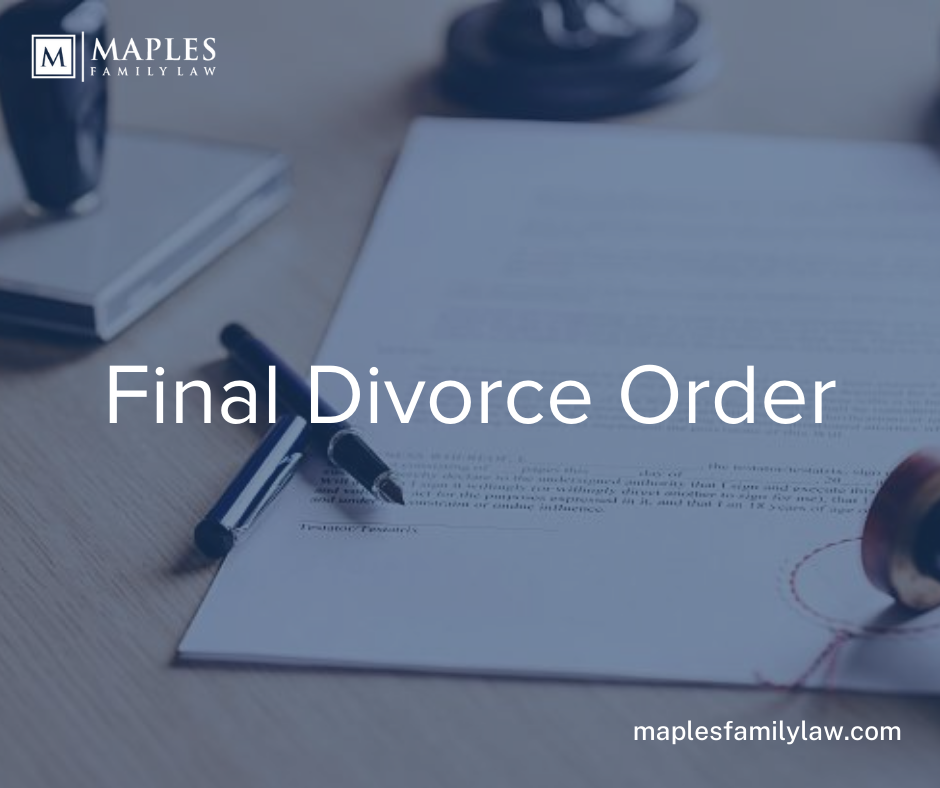 Child Custody
Child Custody
How to Work Out a Parenting Time Agreement During…
When you’re a parent going through a divorce, your main concern is your kids – and that’s exactly how it should be.
If you’re like most parents, one of your primary goals is to keep your kids on an even keel, and that involves working out a parenting time agreement with your soon-to-be ex-spouse.
But where do you even start?
How to Work Out a Parenting Time Agreement With Your Spouse During Divorce
First things first: If you and your spouse can agree on a parenting time agreement, and if it meets your children’s needs, the court will likely agree to it. If you and your spouse can’t agree, the judge in your case will have to make a plan for you. While judges do their best to tremain fair and impartial, nobody knows your kids like you and your spouse do – and you two are, by far, the most qualified people to choose what’s best for your own children.
You may want to think about divorce mediation if you’re unable to reach an agreement with your spouse. Mediation can help your divorce run more smoothly in other areas, too (not just child custody and parenting time).
A Typical Parenting Time Agreement
For many parents, it makes sense to evaluate your kids’ lifestyles and needs before deciding on a parenting plan. Are the kids involved in extracurricular activities? Where do they go to school, and where will each of you live during and after the divorce?
Ask yourselves:
- Who’s the primary caregiver right now?
- Is one of you more able, right now, to provide one-on-one care for the kids?
- Does one of you have a more flexible work schedule than the other?
- Do your children have a preference?
- How far will the kids be, if at all, from friends and family if they’re living with each of you for most of the time?
- Is one of you better suited to weekend time with the kids?
Many parents decide to have their children stay in one home through the week, particularly during the school year, and in another on the weekends and on every other holiday. While there’s no one-size-fits-all answer to parenting time, that can be a good framework you and your spouse can work from as you’re working on your parenting time agreement.
A Word on Child Support
While the parent who has the children most of the time is more likely to be the one receiving child support, it’s important to remember that in California, both parents are supposed to contribute to their kids’ upbringing. (That doesn’t only refer to financial support, though; it refers to emotional support and time together, as well.)
Child support varies based on several factors, including how much money each parent makes, how much time the children spend with each parent, and how many children you share with your ex-spouse.
Do You Need to Talk to a Stockton Child Custody Lawyer?
You don’t have to face all of this alone. If you’re contemplating divorce, or if your spouse has already filed for divorce, you can work with a Stockton child custody attorney who understands what you (and your children) are going through – and who can help you develop a parenting time agreement that works for your whole family.
Call us at 209-910-9865 or get in touch with us online to talk to a Stockton child custody lawyer who can help today.






